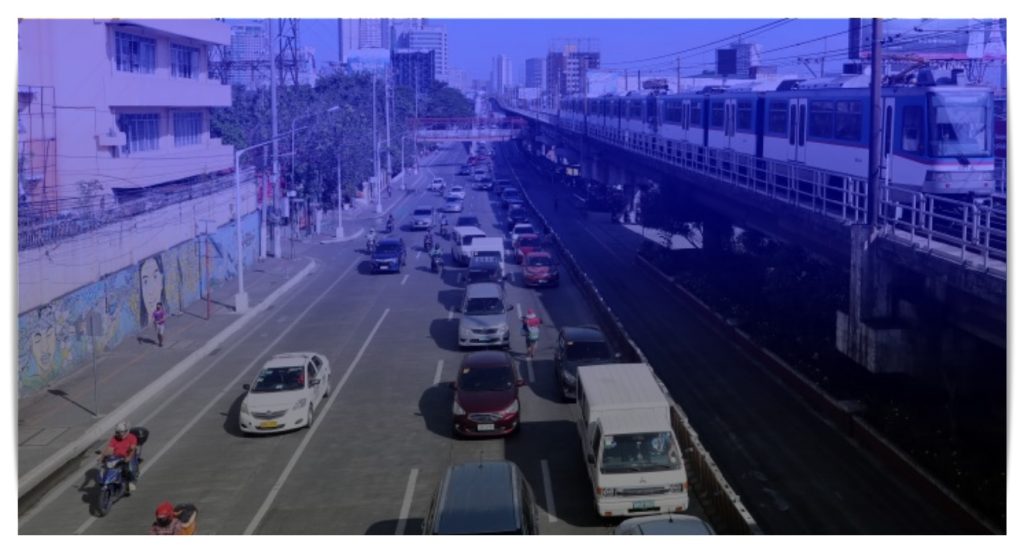Beginning April 7, a new policy by the Land Transportation Franchising and Regulatory Board (LTFRB) requires ride-hailing companies and operators to shoulder the cost of the 20% fare discount for senior citizens, students, and persons with disabilities (PWDs)—a move set to ease the long-standing burden on ride-hailing drivers.

What the New Policy Says
Under Memorandum Circular No. 2025-10, the 20% fare discount—mandated by laws like the Expanded Senior Citizens Act, Student Fare Discount Act, and Magna Carta for PWDs—should no longer come solely from drivers’ pockets. The only exception: if the driver is also the registered vehicle operator.
The directive comes after inconsistent practices were uncovered among Transport Network Companies (TNCs). In a 2024 Senate hearing, several companies admitted they were passing most of the discount cost onto drivers:
- JoyRide: 80%
- Grab: 60%
- GET Express: 50%
LTFRB Chairperson Atty. Teofilo Guadiz III emphasized that this policy “categorically sets” responsibilities and prevents further confusion. “Ang 20% diskwento sa pamasahe ay isang pribilehiyong itinatakda ng batas,” Guadiz said.
What This Means for Drivers and Riders
Before this change, many drivers shouldered discounts out of pocket—leading some to reportedly cancel rides or avoid accepting discounted passengers. This policy aims to restore fairness, ensuring:
- Riders with legal fare discounts are no longer sidelined
- Drivers aren’t forced to absorb the cost of mandated benefits
However, TNVS drivers are now pushing for retroactive reimbursement. Laban TNVS, a group representing ride-hailing drivers, filed a motion on March 27 seeking to delay implementation until past discount costs are refunded.
Call for Reimbursement Still Pending
Jun de Leon, President of Laban TNVS, argues that rolling out the rule without addressing previous unfair charges may set a harmful precedent. The group’s stance is that TNCs should pay back the amount drivers absorbed in the past.
The LTFRB has not yet issued a statement on whether reimbursements will be enforced.
Long-Term Impact
This directive is expected to:
- Standardize fare discount application
- Protect driver incomes
- Uphold passenger rights under the law
While immediate relief starts April 7, the policy could also serve as a foundation for fairer practices in the ride-hailing industry—especially if the LTFRB addresses historical reimbursements moving forward.